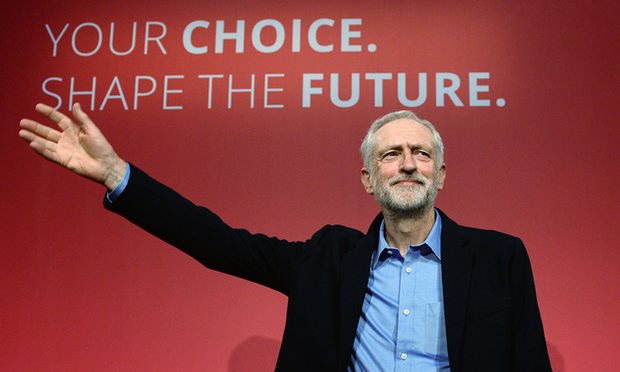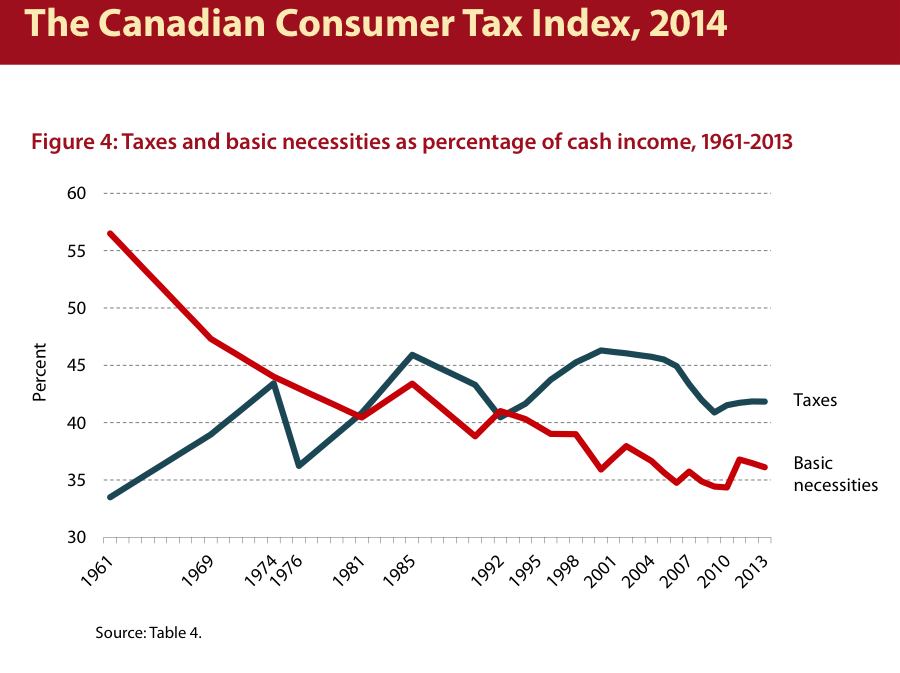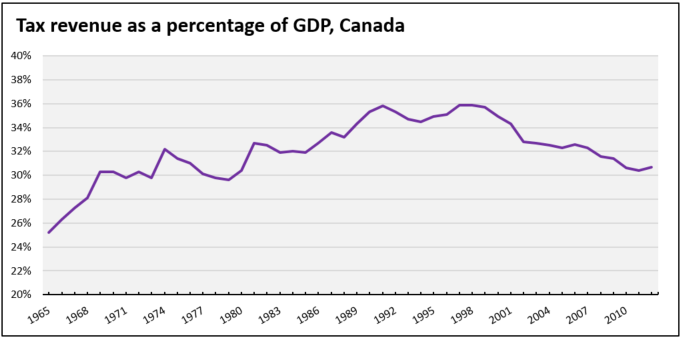Podcast: Play in new window | Download
Subscribe: Apple Podcasts | Android | Email | Google Podcasts | RSS | More
So far this week, Jeremy Corbyn has caused over 100,000 new members to join the UK Labour Party he leads, has apologized for a war he opposed from the beginning and appears to have survived a coup attempt on his leadership. And despite his backstabbing MPs, he’s one of the few party leaders left standing after the Brexit referendum.
Given all this mayhem on the British political scene, I figured it would be a good time to speak with the writer Richard Seymour, author of the recently-released Corbyn: The Strange Rebirth of Radical Politics. Richard regularly publishes in major UK and international media; his previous books include Against Austerity, Unhitched, and The Liberal Defense of Murder. He’s long been one of the best voices on British politics on the left.
Our conversation focused on the roots of Corbyn’s sudden rise to power, both within the Labour Party and politics in the UK more broadly, the failure of today’s Blairite coup plotters and the prospects of a long-term shift in ideology effected by Corbynism.


